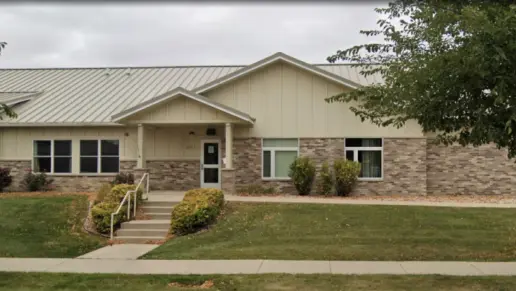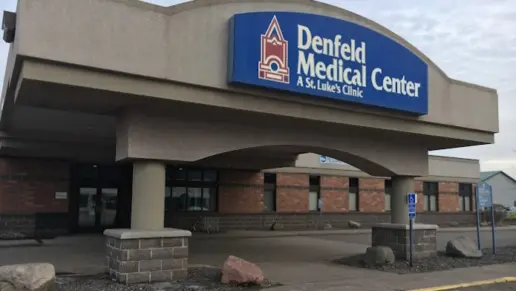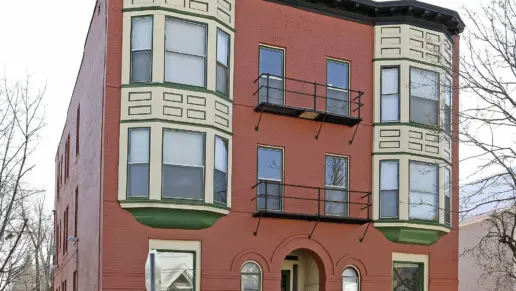I was just reaching out regarding an incident at around 12:30 a.m on 7/14/2024. I was harassed at my place of work as an overnight care taker. A six year old girl and myself were violently woken up to extremely loud threatening knocks at the front door, being screamed at ...
About Hutchinson Health Inpatient Mental Health
Hutchinson Health’s inpatient mental health program in Hutchinson, Minnesota, offers mental health support programs and dedicated professionals for anyone seeking support. Hutchinson makes it a priority to offer personalized care plans for each person that walks through their doors. They currently offer several different levels of options for care, like intensive inpatient treatment (IP), outpatient (OP) therapy and intensive outpatient (IOP) detox programs.
Hutchinson has a team of psychologists and psychiatrists who work with people coping with stress, relationship issues, grief and loss. They also offer support for more chronic issues like bipolar disorder, OCD, PTSD, psychotic disorders and substance abuse.
I appreciate that Hutchinson Health offers programs especially for children, starting at the age of six, especially for those parents who have tried other options to support their child’s unique needs.
Some of their counseling programs involve cognitive (CBT) and dialectical behavioral therapy (DBT) options. These services can address anger management and frustrations so that you can find healthier ways to cope with stress. There are also group and family therapy as well as psychiatric evaluation and medication support. That way, you’ll have a network of peers and loved ones to help you through your treatment and beyond. Hutchinson has a large variety of support options to help you find yourself again.
However, there are some people who have previously attended Hutchinson’s mental health programs that have discussed how they didn’t appreciate the facility bringing their family in on their treatment plan.
I believe that financial concerns should never stop anyone from accessing mental health care or rehabilitation services. Currently, Hutchison Health accepts Blue Cross and Blue Shield of Minnesota, Medica, Medicare, United Healthcare CIGNA and HealthPartner.
Rehab Score
Gallery
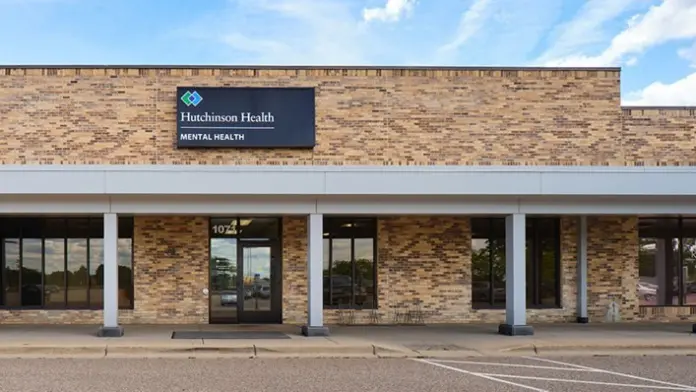
Location
Other Forms of Payment
Medicaid is a state based program that helps lower-income individuals and families pay for healthcare. Medicaid covers addiction treatment so those enrolled can use their coverage to pay for rehab. When a program accepts Medicaid the client often pays very little or nothing out of their own pocket.
Private insurance refers to any kind of healthcare coverage that isn't from the state or federal government. This includes individual and family plans offered by an employer or purchased from the Insurance Marketplace. Every plan will have different requirements and out of pocket costs so be sure to get the full details before you start treatment.
Self-pay involves paying for treatment out of your own pocket. You can use savings or credit, get a personal loan, or receive help from family and friends to fund your treatment. If you don't have insurance or your insurance plan doesn't cover a specific program, self-pay can help ensure you still get the care you need.
Financial aid can take many forms. Centers may have grants or scholarships available to clients who meet eligibility requirements. Programs that receive SAMHSA grants may have financial aid available for those who need treatment as well. Grants and scholarships can help you pai for treatment without having to repay.
Medicare is a federal program that provides health insurance for those 65 and older. It also serves people under 65 with chronic and disabling health challenges. To use Medicare for addiction treatment you need to find a program that accepts Medicare and is in network with your plan. Out of pocket costs and preauthorization requirements vary, so always check with your provider.
Military members, veterans, and eligible dependents have access to specific insurance programs that help them get the care they need. TRICARE and VA insurance can help you access low cost or no cost addiction and mental health treatment. Programs that accept military insurance often have targeted treatment focused on the unique challenges military members, veterans, and their families face.
Addiction Treatments
Levels of Care
Treatments
Mental health rehabs focus on helping individuals recover from mental illnesses like bipolar disorder, clinical depression, anxiety disorders, schizophrenia, and more. Mental health professionals at these facilities are trained to understand and treat mental health issues, both in individual and group settings.
Programs


Clinical Services
Cognitive Behavioral Therapy (CBT) is a therapy modality that focuses on the relationship between one's thoughts, feelings, and behaviors. It is used to establish and allow for healthy responses to thoughts and feelings (instead of unhealthy responses, like using drugs or alcohol). CBT has been proven effective for recovering addicts of all kinds, and is used to strengthen a patient's own self-awareness and ability to self-regulate. CBT allows individuals to monitor their own emotional state, become more adept at communicating with others, and manage stress without needing to engage in substance abuse.
Whether a marriage or other committed relationship, an intimate partnership is one of the most important aspects of a person's life. Drug and alcohol addiction affects both members of a couple in deep and meaningful ways, as does rehab and recovery. Couples therapy and other couples-focused treatment programs are significant parts of exploring triggers of addiction, as well as learning how to build healthy patterns to support ongoing sobriety.
Dialectical Behavior Therapy (DBT) is a modified form of Cognitive Behavioral Therapy (CBT), a treatment designed to help people understand and ultimately affect the relationship between their thoughts, feelings, and behaviors. DBT is often used for individuals who struggle with self-harm behaviors, such as self-mutilation (cutting) and suicidal thoughts, urges, or attempts. It has been proven clinically effective for those who struggle with out-of-control emotions and mental health illnesses like Borderline Personality Disorder.
Research clearly demonstrates that recovery is far more successful and sustainable when loved ones like family members participate in rehab and substance abuse treatment. Genetic factors may be at play when it comes to drug and alcohol addiction, as well as mental health issues. Family dynamics often play a critical role in addiction triggers, and if properly educated, family members can be a strong source of support when it comes to rehabilitation.
Group therapy is any therapeutic work that happens in a group (not one-on-one). There are a number of different group therapy modalities, including support groups, experiential therapy, psycho-education, and more. Group therapy involves treatment as well as processing interaction between group members.
In individual therapy, a patient meets one-on-one with a trained psychologist or counselor. Therapy is a pivotal part of effective substance abuse treatment, as it often covers root causes of addiction, including challenges faced by the patient in their social, family, and work/school life.
Staff

President

VP & CFO
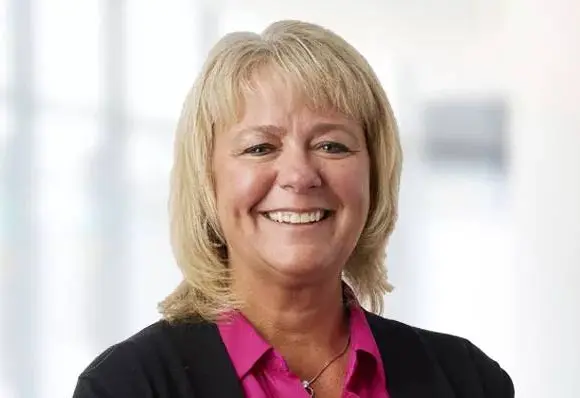
Vice President of Clinic Operations
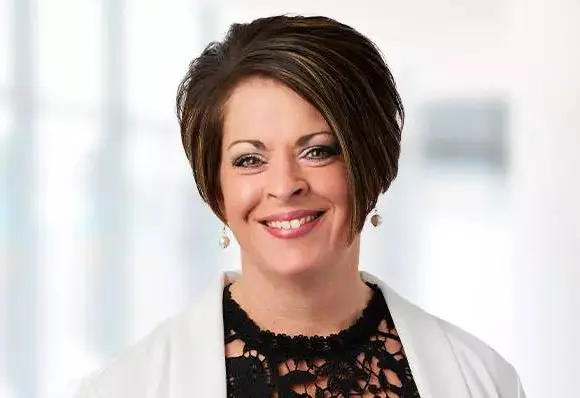
Director of Human Resources
Contact Information
1095 Highway 15 South
Hutchinson, MN 55350
